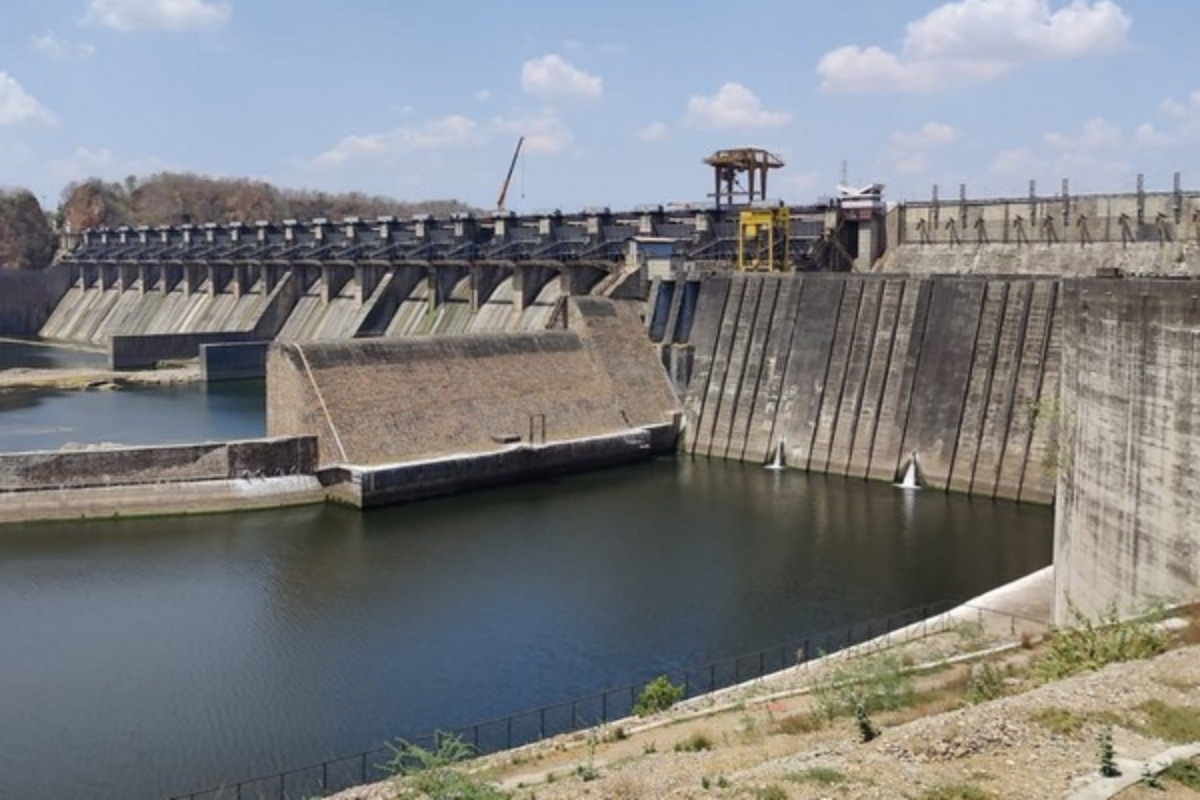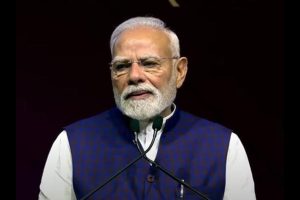In August 2024, Gujarat’s hydropower plants achieved a remarkable electricity generation of 1,067.3 million units (MU), a significant increase from the 308.7 MU recorded in July 2024.
This surge is largely attributed to the state’s dams reaching full capacity due to the abundant water inflows during the monsoon season.
The Sardar Sarovar Dam, a key player in Gujarat’s water and energy management, alone generated over 800 MU of electricity, with a total of 891 MU coming from both the Sardar Sarovar River Bed Power House (RBPH) and Canal Head Power House (CHPH).
The detailed breakdown of hydropower generation in August 2024 highlights impressive increases across various plants. The Ukai Dam generated 143.1 MU, while the Kadana Dam produced 30.9 MU. Notably, the Sardar Sarovar RBPH and CHPH power stations contributed 757.1 MU and 134.3 MU, respectively.
Gujarat’s performance in hydropower generation has shown consistent growth over the years. From 2019 to 2024, the major dams in the state, including Ukai, Kadana, Panam, and Sardar Sarovar, have averaged an annual generation of 4,600 MU.
Gujarat guided by Chief Minister Bhupendra Patel, is pushing towards India’s target of achieving 500 GW of non-fossil fuel capacity by 2030, aims to boost the renewable energy share to at least 50 per cent of the total installed capacity.
A range of projects, including solar rooftops, hydroelectric power plants, and large renewable energy parks, are being actively pursued to enhance Gujarat’s renewable energy production. Recent heavy monsoon rains have further accelerated these efforts, leading to record-breaking power generation from the state’s major dams.
The year 2022-23 saw a peak with 6,170.456 MU of hydropower, reflecting a 134 per cent increase from the previous year. For the fiscal year 2023-24, the state’s total hydropower generation was 4,584.932 MU.
This success is rooted in the foresight of former Chief Minister Narendra Modi, who established Gujarat as a leader in renewable energy. Under his tenure, Gujarat became the first state in India to create a Climate Change Department, enabling it to implement sustainable measures and advance towards energy transition and net-zero goals.
Gujarat is making advancements in its renewable energy sector, contributing to India’s clean energy goals.





